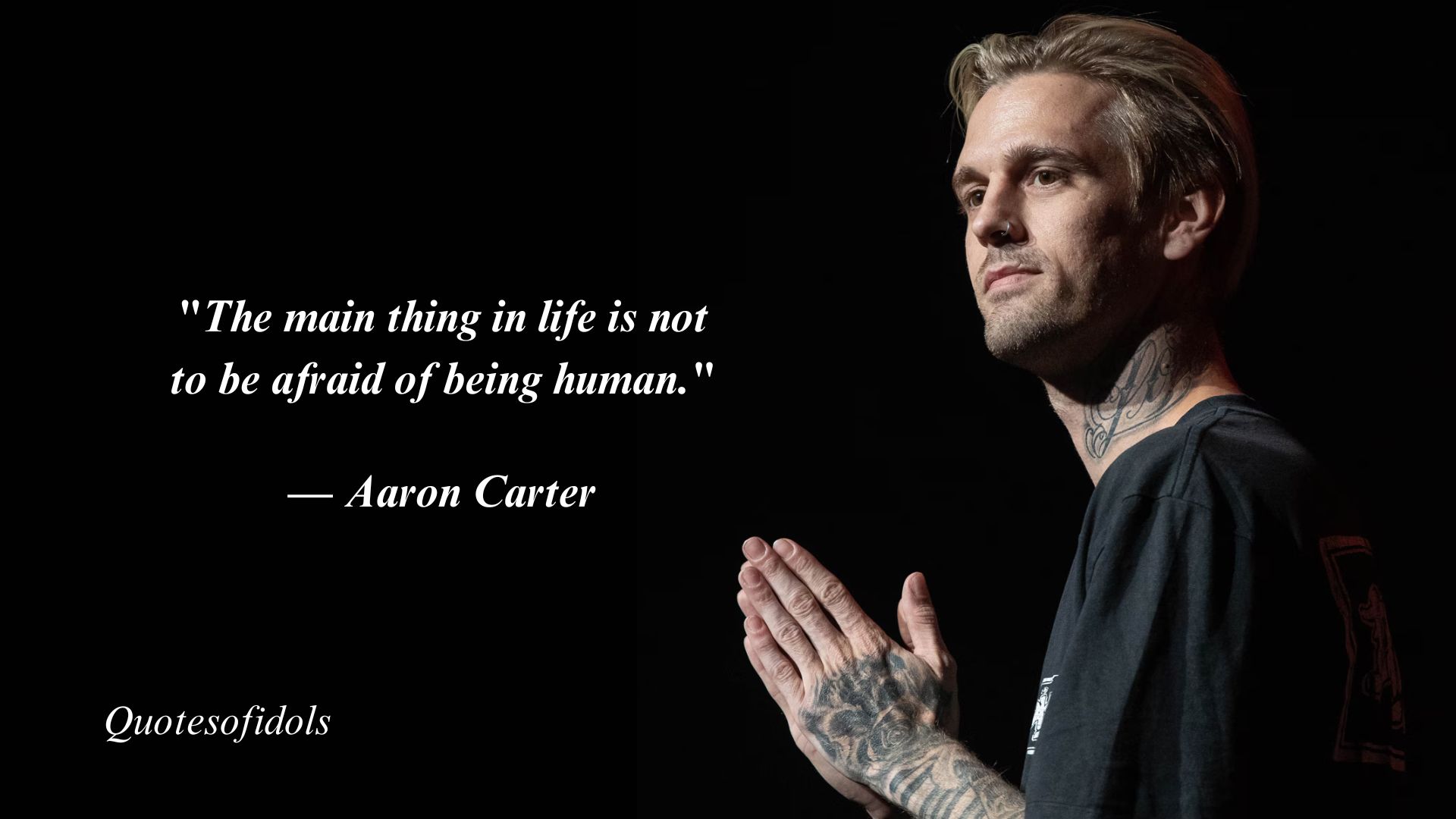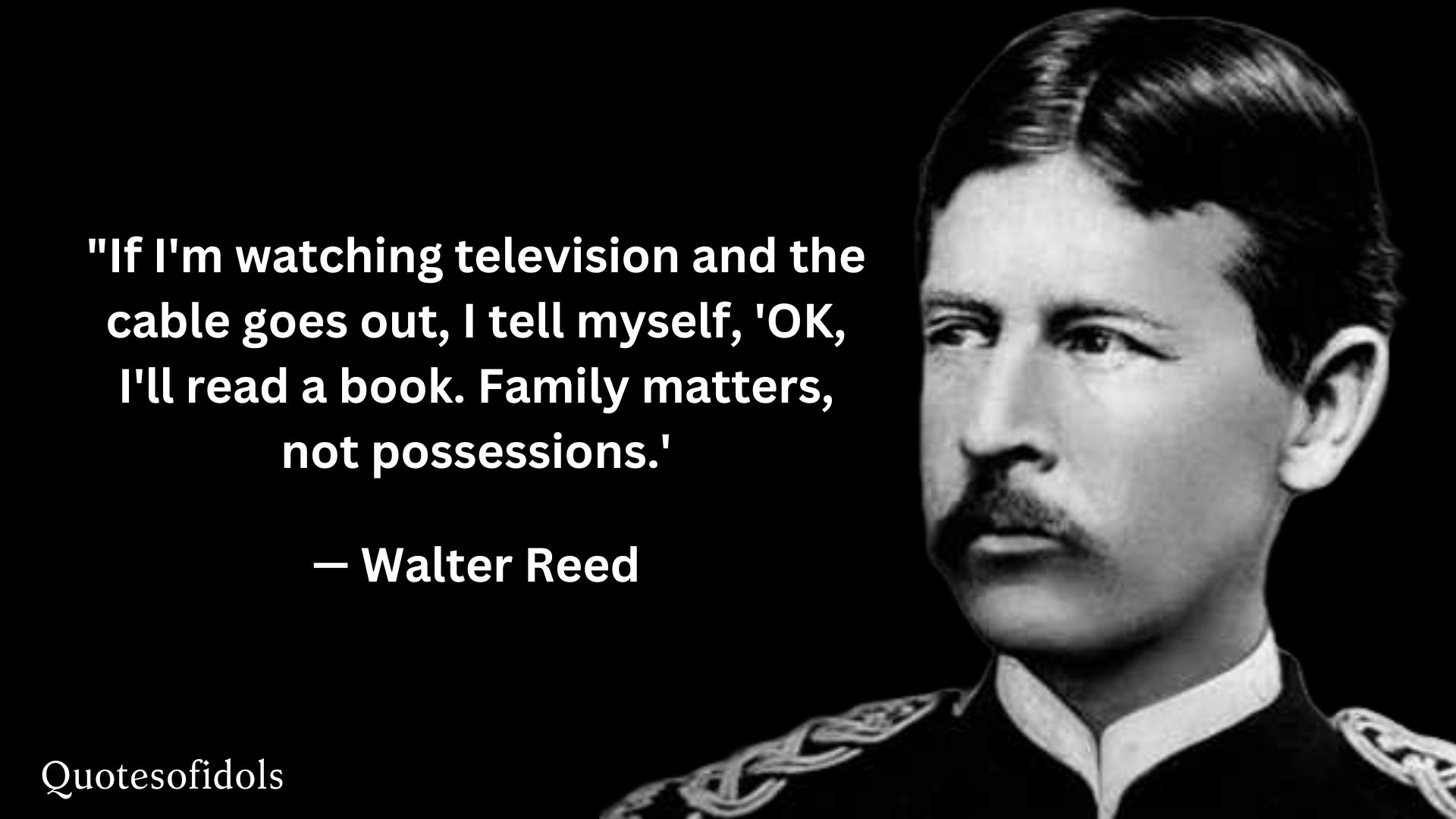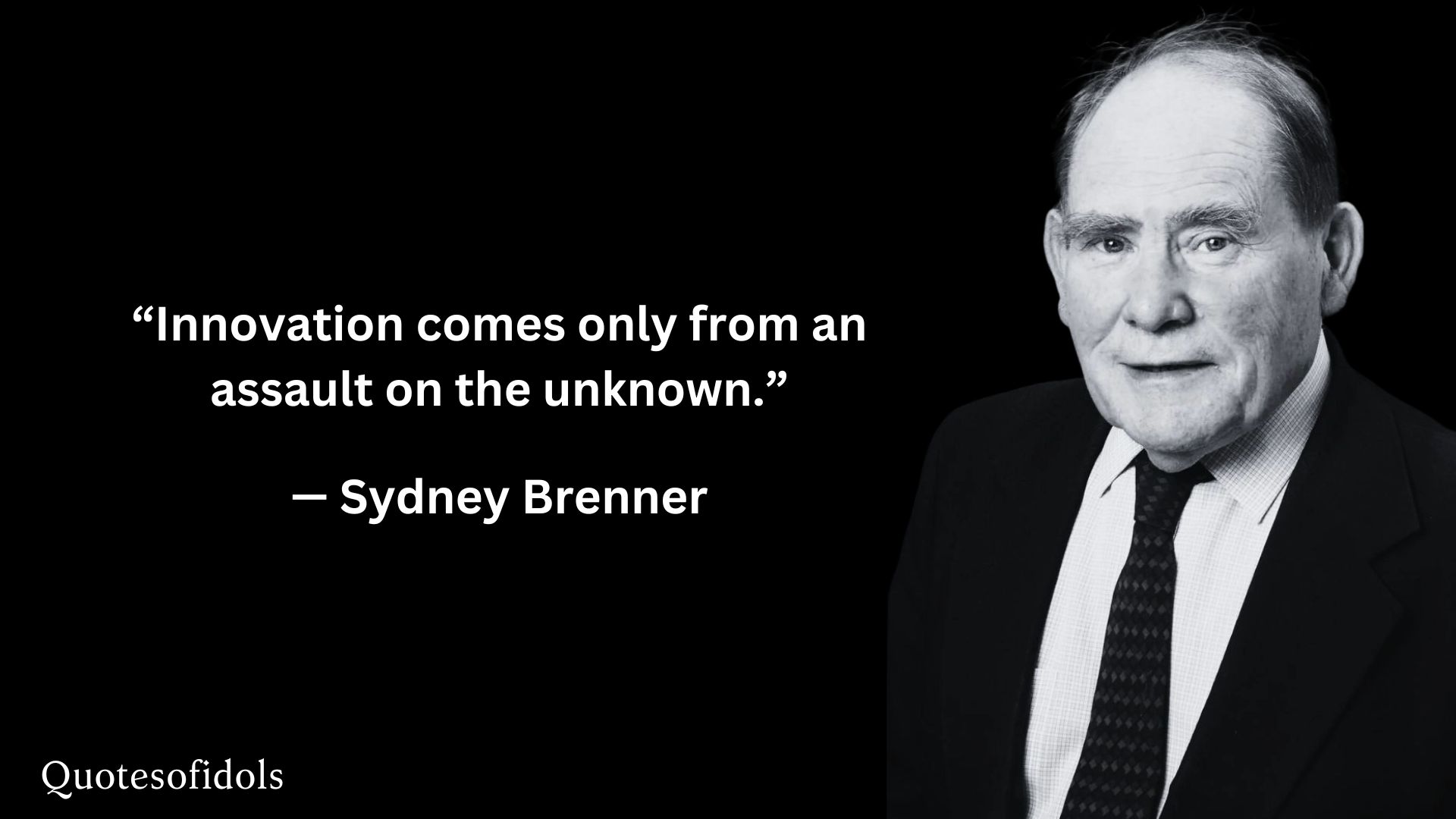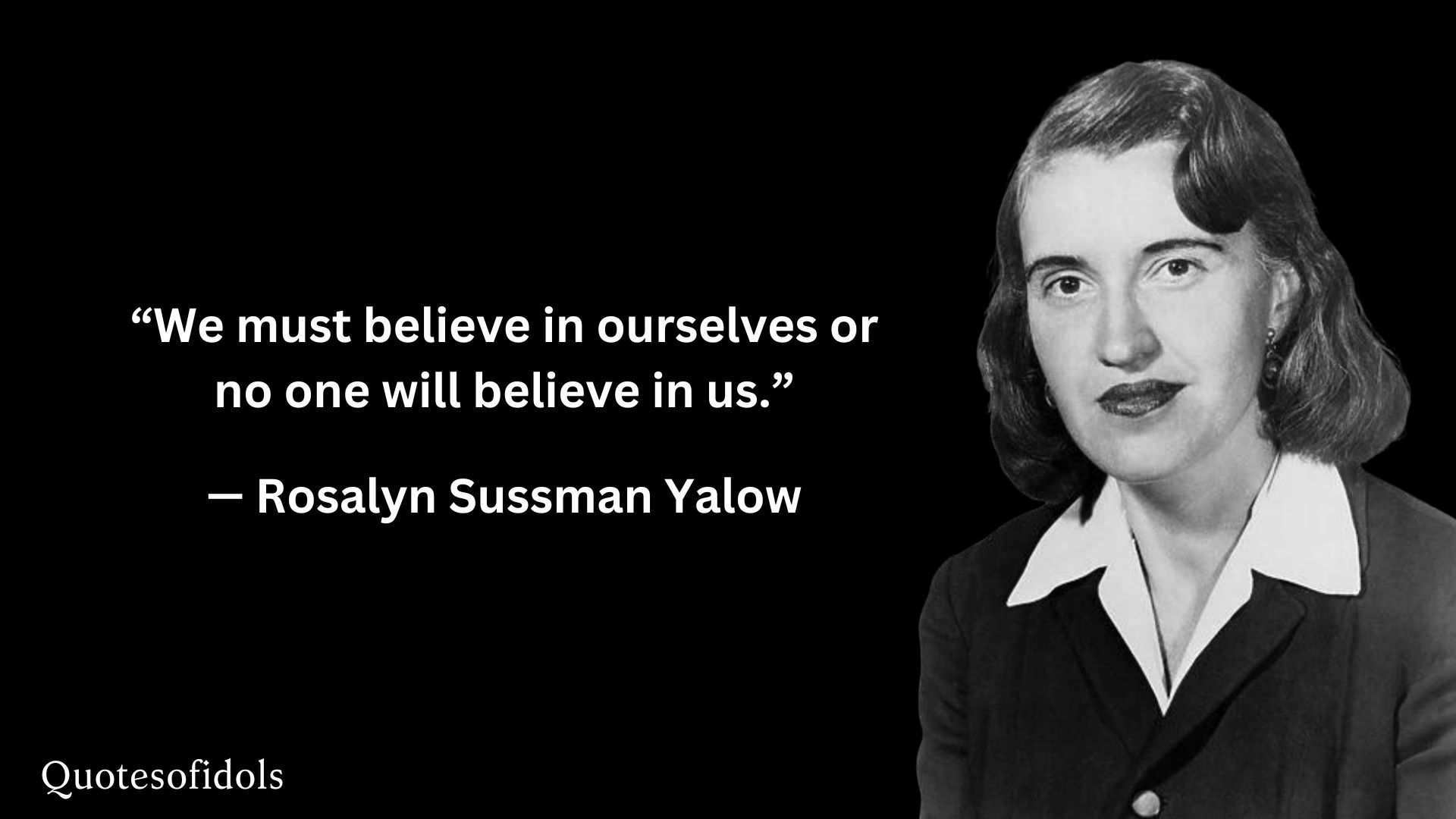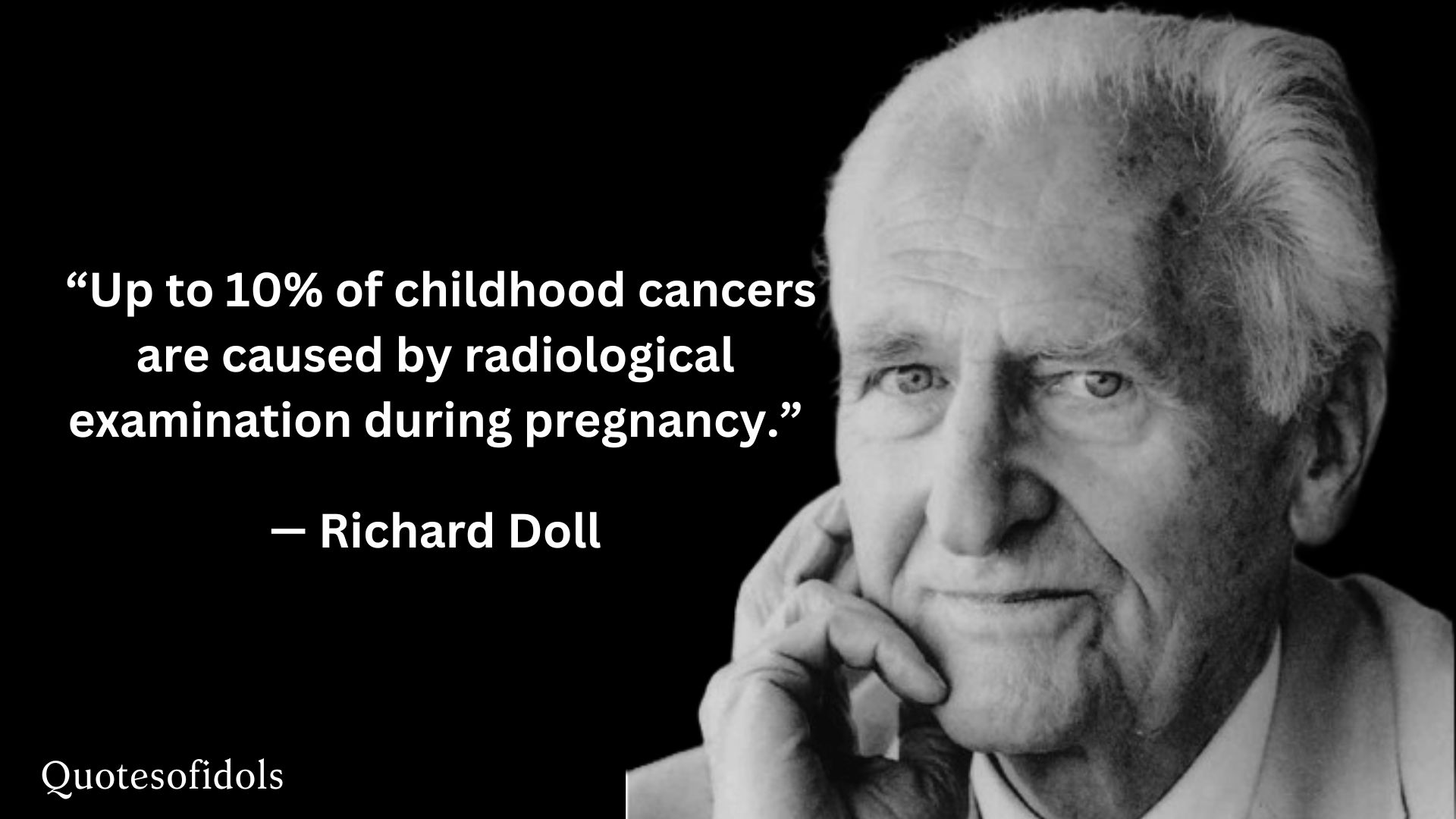Profound Quotes by Paul R. Ehrlich: Insights on Population and Sustainability
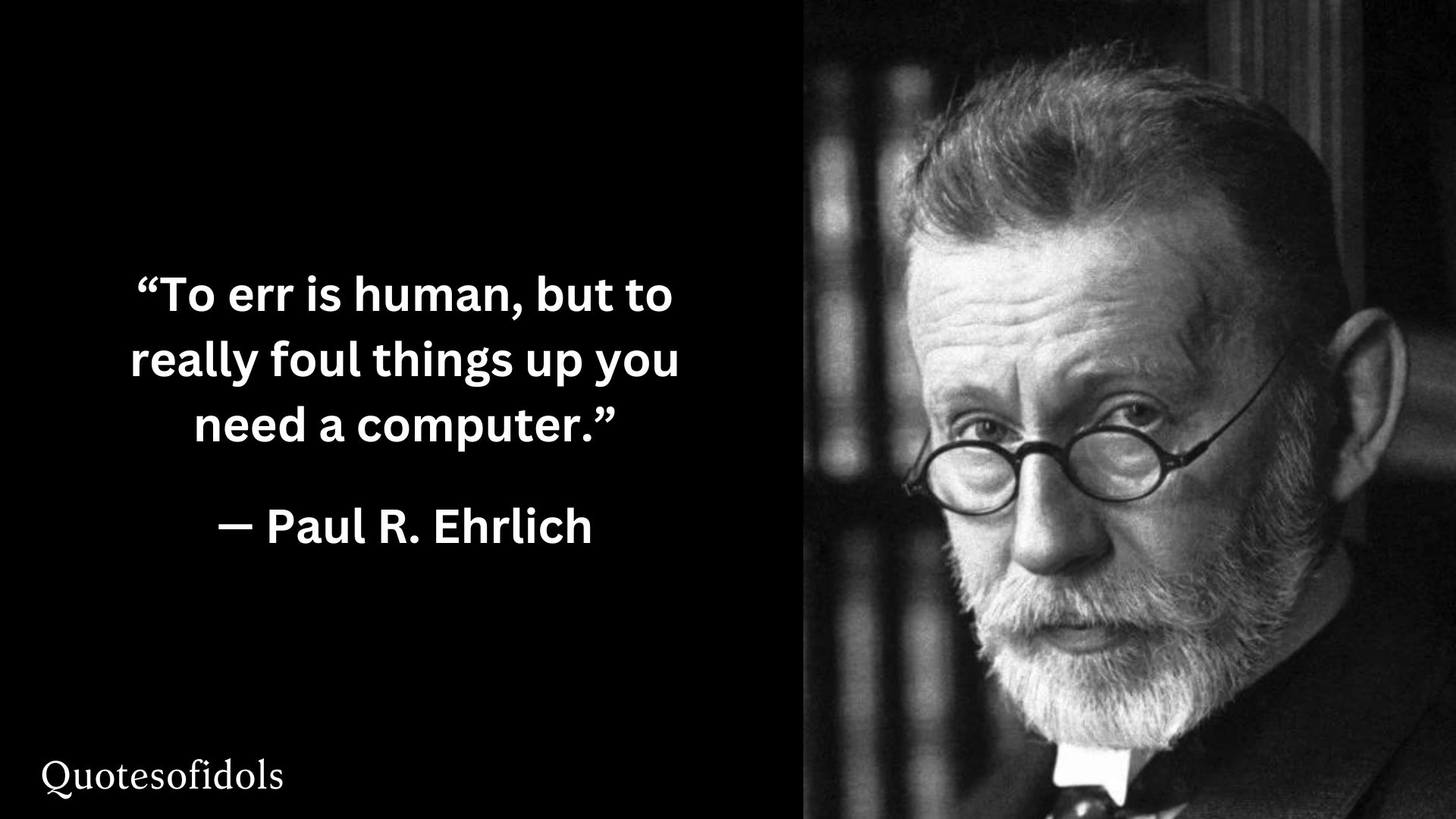
Paul Ehrlich (1854–1915) was a groundbreaking German physician and scientist who made significant contributions to immunology, chemotherapy, and hematology. He is best known for his theory of the immune system, which led to the development of the side-chain theory, explaining how antibodies are formed in response to infections. Ehrlich’s work in staining techniques also revolutionized the microscopic study of blood cells, enabling the differentiation between various blood components and leading to advances in diagnosing blood disorders. A pioneer in the field of chemotherapy, Ehrlich’s most notable achievement was the development of Salvarsan, the first effective treatment for syphilis, marking the beginning of the use of chemical compounds to combat microbial diseases. This achievement earned him the nickname “the father of chemotherapy.” For his contributions to medicine, Ehrlich shared the Nobel Prize in Physiology or Medicine in 1908 with Elie Metchnikoff, for their work on immunity. Paul Ehrlich’s innovative research laid the foundational stones for modern immunology and therapeutic medicine, profoundly influencing the direction of medical science.
Paul R. Ehrlich Quotes
1. “To err is human, but to really foul things up you need a computer.”
— Paul R. Ehrlich
2. “I see harm reduction as a way of engaging people as part of that path to recovery.”
— Paul R. Ehrlich
3. “Too many cars, too many factories, too much detergent, too much pesticides, multiplying contrails, inadequate sewage treatment plants, too little water, too much carbon dioxide – all can be traced easily to too many people.”
— Paul R. Ehrlich
4. “There are substitutes for oil; there is no substitute for fresh water.”
— Paul R. Ehrlich
5. “The mother of the year should be a sterilized woman with two adopted children.”
— Paul R. Ehrlich
6. “By 1985 enough millions will have died to reduce the earth’s population to some acceptable level, like 1.5 billion people.”
— Paul R. Ehrlich
7. “We’re one of the most highly regulated industries, and we have to pay attention to what government is doing.”
— Paul R. Ehrlich
8. “Actually, the problem in the world is that there are too many rich people.”
— Paul R. Ehrlich
9. “It turns out the population issue is an easier thing to deal with than the consumption issue. Some obvious extremes in consumption we can deal with. The standard cure for a stuttering economy is to go out and buy an SUV and three more refrigerators. That’s obviously not the way to go.”
— Paul R. Ehrlich
10. “So, regarding the time frame, I’m only too willing to admit that my crystal ball, like everybody else’s, is cracked. If I could predict precisely, I would have started predicting the stock market and would now be living with a bunch of young women on Bora Bora, having bought it.”
— Paul R. Ehrlich
11. “I thought if the climate was heating that CO2 was the only forcing, and it would be late in the century before we had trouble. Now that we know about the other half of the forcing, it’s obvious that the trouble is coming much sooner.”
— Paul R. Ehrlich
12. “The main thing is, and of course this is a pedant talking, we should start our education on these issues in kindergarten. Instead of saying, “See Spot run,” we ought to say, “See the plant grow in the sun.” We ought to explain what runs the weather in the third or fourth grade to start out with.”
— Paul R. Ehrlich
13. “People have to decide, first of all, how they’d like to live, and how secure they want to be from disaster. After that, scientists can help determine what would be necessary to achieve that.”
— Paul R. Ehrlich
14. “Most of the scientists I know think civilization is teetering on the brink of a global disaster. They just don’t know when it’s going to hit. I don’t have the answer to that either. I’m scared as hell.”
— Paul R. Ehrlich
15. “There are a lot of signs. One of the things that makes me most nervous is the disappearance of the frogs. They’re going downhill all over the planet. Frogs are susceptible to all kinds of problems, because they require water to breed and their skin is very porous. Their condition is nerve racking.”
— Paul R. Ehrlich
16. “Culture can be loosely defined as the body of non-genetic information which people pass from generation to generation.”
— Paul R. Ehrlich
17. “We ought to take good care of everybody we have on the planet, but we ought to regulate the rate at which people join us. The old saying is, “It’s the top of the ninth inning, and humanity has been hitting nature hard, but you’ve always got to remember that nature bats last.””
— Paul R. Ehrlich
18. “There’s no question at all that the population explosion will come to an end. The two basic choices are it’ll come to an end because we control our reproduction, and in many areas we have started to do so, or we’ll end up with a high death rate. You have to take a personal moral stand on this.”
— Paul R. Ehrlich
19. “Chinese are already more on board than we are. China is the only country that actually discussed in formal government documents how important it is to control the size of your populations if you’re going to limit emissions.”
— Paul R. Ehrlich
20. “We’re never all going to agree with each other. We have to learn to value the diversity. It’s one of the presumable principles of our government that isn’t followed nearly enough – one of the jobs of the majority is to try and make the minority feel comfortable.”
— Paul R. Ehrlich
21. “I would take even money that England will not exist in the year 2000.”
— Paul R. Ehrlich
22. “The National Academy of Sciences would be unable to give a unanimous decision if asked whether the sun would rise tomorrow.”
— Paul R. Ehrlich
23. “For example, I’m a great fan of pornography, but I don’t see any reason not to restrict it so that people walking down the street who hate pornography don’t have full color pictures outside of movie theaters. Let them be in a different district. I’m kidding about pornography, but you get the point.”
— Paul R. Ehrlich
24. “With taxes, if they aren’t working right, we can change them with a stroke of the pen. It’s basically a market-type mechanism. People make their own choices. You run the taxes, and you get the results.”
— Paul R. Ehrlich
25. “All scientists who’ve looked at it know we have to phase away from burning fossil fuels. That means we’ve got to put a lot of effort into alternate energy technologies, but we’re still subsidizing fossil fuels and not subsidizing most of the alternatives. It’s not going to be an easy transition.”
— Paul R. Ehrlich
26. “If we were redesigning around people instead of around automobiles, which I think the market is more or less going to do, although too slowly, than I’d be a lot cheerier.”
— Paul R. Ehrlich
27. “There’s all of this stuff where we have so much debate over nonsense; it could be cured if we had a better educational system, if we trained people to really try and look into things on their own. That’s a tough thing to do, particularly with the educational system staggering.”
— Paul R. Ehrlich
28. “We’ve all got to get together and demand something better out of our government and out of each other. We’ve got a system that’s making us working harder, and isn’t giving us satisfaction. We’ve got to sit down and decide what the hell we really want to be as human beings.”
— Paul R. Ehrlich
29. “The day may come when the obese people of the world must give up diets, since metabolizing their fat deposits will lead to DDT poisoning. But, on the bright side, it is clear that fewer and fewer people in the future will be obese!”
— Paul R. Ehrlich
30. “In brief, death control goes with the grain, birth control against it.”
— Paul R. Ehrlich
31. “Interstellar transport for surplus people presents an musing perspective. Since the ships would take generations to reach most stars, the only people who could be transported would be those willing to exercise strict birth control. Population explosions on space ships would be disastrous. Thus we would have to export our responsible people, leaving the irresponsible at home on Earth to breed.”
— Paul R. Ehrlich



